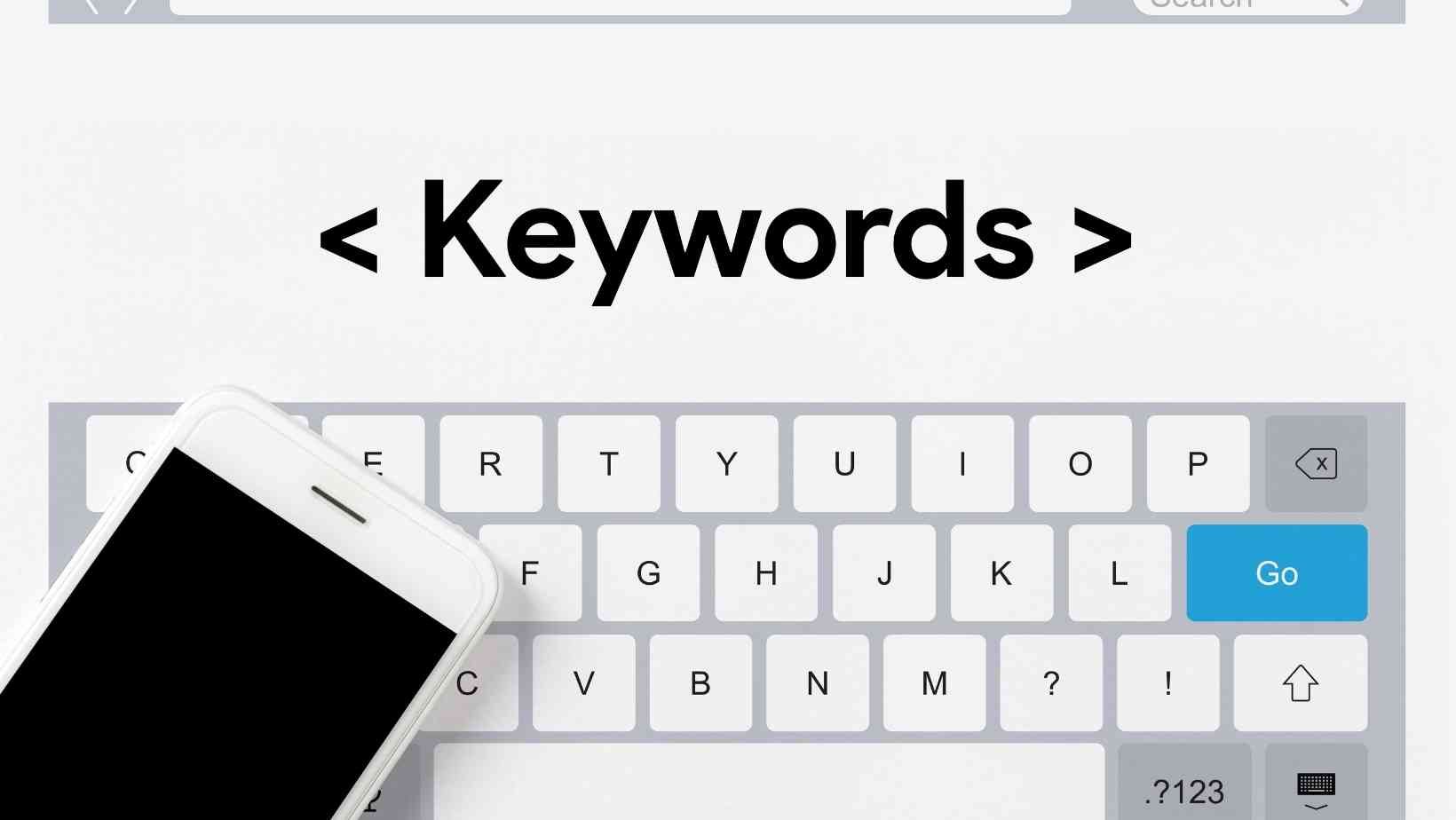Everything You Need To Know About Using Keywords in your CV
Crafting the perfect cv may take you weeks, but it’s important to ensure your cv makes a lasting impression on a potential employer. Using keywords in your cv can help set you apart from other candidates.
In this article, we’re going to explore what cv keywords are, where to include them in your cv, and which keywords to avoid.
What Are CV Keywords?
CV keywords are terms commonly used to capture the attention of individuals reviewing cvs for potential candidates. On paper, they are the stand-out words or phrases that employers, recruiters and hiring managers will be looking out for to see whether they’d like to invite you for an interview. Broadly speaking, the keywords on your CV need to match their ‘checklist’ for the perfect applicant. The more matching keywords your CV has, the more likely you’ll be to get put on the ‘yes’ pile!
Similarly, computer algorhithms use key words too. Just like when you’re searching for something on Google or Bing, you’ll see the most relevant search results first based on what’s the closest match for your search terms. So too will job databases (like CV Library or Total Jobs) show employers or recruiters searching for applicants, those who are the best match first.
So if you want to appear top of the list, it’s really important to make sure you use the right keywords on your CV or online application.
How To Use Keywords in Your CV?
To find out which keywords you should be using, take a look at the job advert or description of the job you’re applying for or jobs similar to the one you hope to get. Look at the essential skills or experience, as well as the desirable ones and make a list of the top things the employer is asking for. Try to use the exact same words or phrases on your CV as they have. This could be ‘hard’ skills or qualifications (like having a ‘CSCS Card’ or ‘previous hospitality experience’ or ‘5 GCSE passes’). It could also be transferable skills they see as being important to fulfil the role – such as organisational skills, being a team player, a good communicator or a caring personality.
Try to add some of these key words into the personal profile at the top of your CV so they stand out and are easily spotted. You could also look to add them into the description of your previous jobs to show where you gained these skills or experiences, or add a section of ‘Key Skills’ with a bullet-point list of what you have to offer.
Some Keywords to try
Try using keywords in your CV throughout the different sections as this will help you give life and depth to your experiences, skills, and achievements.
Using keywords to describe what you’ve accomplished in your specific job role can turn your accomplishments into quantifiable actions goes a long way with recruiters and hiring managers. You can do that by adding numbers whenever you have concrete evidence to support your claims.
Here’s a look at some of the best keywords to use in your cv. The keywords listed can breathe life into your cv and make it pop.
Instead of using ACHIEVED, add:
- Accelerated
- Accomplished
- Enhanced
- Expanded
Instead of using ASSISTED, add:
- Aided
- Coached
- Cooperated
- Reinforced
Instead of using CREATED, add:
- Altered
- Built
- Crafted
- Designed
Instead of using EXPERIENCED, add:
- Accomplished
- Capable
- Competent
- Mature
Instead of using IMPROVED, add:
- Customised
- Influenced
- Overhauled
- Redesigned
Instead of using MANAGED, add:
- Aligned
- Coordinated
- Cultivated
- Directed
Keywords To Leave Off Your CV
While there are plenty of keywords you should add to your cv, there are also several keywords you should leave off. Your cv has limited space, so carefully selecting the language you use is key. Be sure to use the keywords that are the most relevant for the jobs you are applying for AND which truthfully reflect what you have to offer. Many are just ‘fluffy’ terms that can sound like you’re padding out your CV or haven’t really thought it through. Whilst they may sound nice, they could just be taking up space and blocking the readers’ attention from the keywords that really matter. Some examples of these keywords could be things like:
- Creative
- Expert
- Focused
- Go-getter
- Go to
- Great
- Hard worker
- Innovative
- Results-driven
- Specialised in
- Super
- Team player
- Worked on









